News Australia & Oceania
Please note that you have to be a registered member with paid membership in order to see full articles.
Become a MemberSelected News
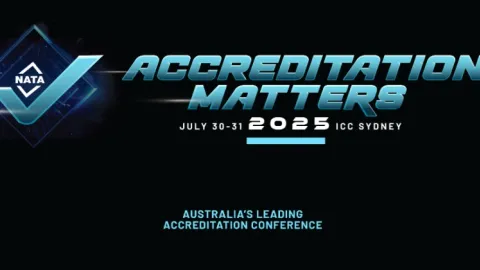
Australia Prepares for Accreditation Matters 2025 in Sydney
Australia’s leading event for accreditation, testing, and conformity assessment - Accreditation Matters 2025 - will take place on Wednesday, July 30 and Thursday, July 31 in Sydney.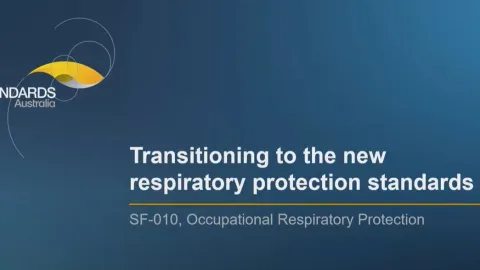
Standards Australia Webinar Prepares Industry for Respiratory Protection Overhaul
A new webinar from Standards Australia highlights what professionals need to know about the coming changes to respiratory protection standards in Australia and New Zealand.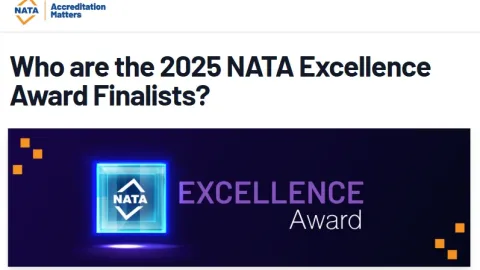
Three Finalists Unveiled for 2025 NATA Excellence Award
The National Association of Testing Authorities (NATA) has announced the three finalists for its 2025 NATA Excellence Award,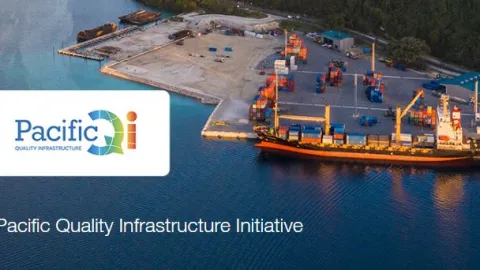
Pacific Islands Set Direction for Regional Quality Policy at Fiji Workshop
The Pacific Regional Quality Policy Inception Workshop was held in Fiji from May 21–23,Australia • Cook Islands • Fiji • French Polynesia • Kiribati • Marshall Islands • Micronesia, Federated States of • Nauru • New Caledonia • New Zealand • Niue • Papua New Guinea • Samoa • Solomon Islands • Tonga • Tuvalu • Vanuatu
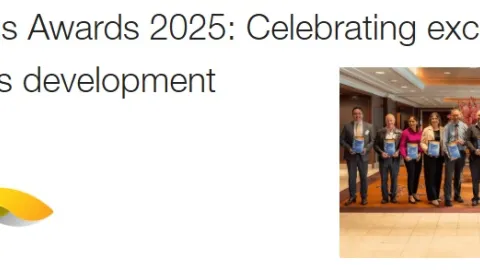
Australia Celebrates Top Standardization Contributors at 2025 Awards
Standards Australia announced the winners of its 2025 Standards Awards during a ceremony held in Melbourne on May 23.
Expressions of Interest Open for NEXTgen2026, Standards Australia’s Talent Development Program
Standards Australia has opened expressions of interest for its 2026 NEXTgen Program,
New Zealand GAP Scheme Granted IFA v6 Smart Recognition for Fruit and Vegetables
New Zealand GAP has been officially benchmarked equivalent to GLOBALG.A.P. Integrated Farm Assurance (IFA) version 6 Smart for fruit and vegetables, effective April 7, 2025.
Standards Australia Opens Draft Standard AS 5405 on Quantum Computing for Public Comment
Standards Australia has released AS 5405, Quantum Technology – Reference Guide to Quantum Computing,
JASANZ Begins Accreditation for AI Management Systems Based on ISO 42001
The Joint Accreditation System of Australia and New Zealand (JASANZ) has launched accreditation services under the Artificial Intelligence Management System Scheme (AIMSS) to support trustworthy and responsible AI governance.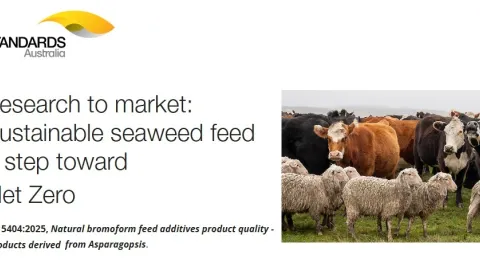
World-First Seaweed Feed Standard Drives Australia Toward Net Zero
Australia has released a world-first standard for seaweed-based livestock feed, aiming to reduce methane emissions and support Net Zero goals.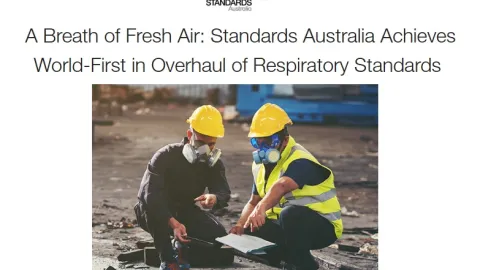
Australia and New Zealand First to Adopt Suite of Over 35 Global Respiratory Protection Standards
Standards Australia and Standards New Zealand have become the first globally to adopt more than 35 international respiratory protection standards from the International Organization for Standardization (ISO), replacing two outdated joint Australian and New Zealand standards.
New Food Standards Code Compilation for Australia and New Zealand Released
Food Standards Australia New Zealand (FSANZ) has released an updated compilation of the Australia New Zealand Food Standards Code in a single, searchable PDF.Global News
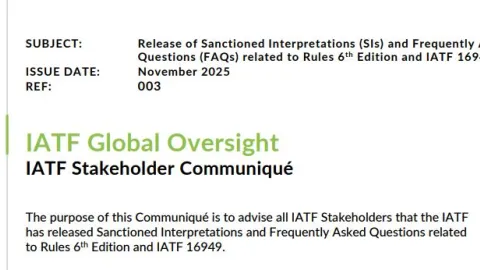
IATF Releases New Updates to Rules 6th Edition and IATF 16949
The International Automotive Task Force (IATF) has approved Stakeholder Communiqué SC-2025-003, announcing new Sanctioned Interpretations and Frequently Asked Questions for both the Rules 6th Edition and the automotive quality standard IATF 16949.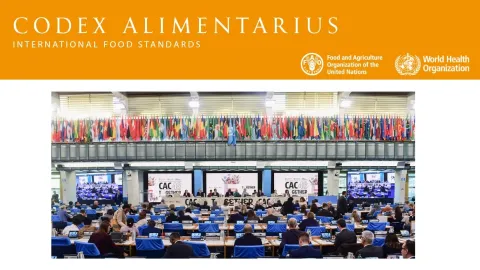
Codex Commission’s 48th Session Confirms Updates Across Core Food Safety Standards
The Codex Alimentarius Commission adopted major changes to international food-safety rules during its 48th session in Rome from November 10 to 14.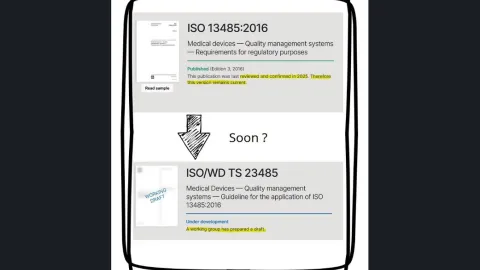
ISO 13485 Application Guide, TS 23485, Under Way After Standard Confirmed as Current
A new guide on how to apply ISO 13485 is moving through development shortly after the standard was reconfirmed in its 2016 version (no revision will be done), despite remaining unaligned with the Annex SL structure.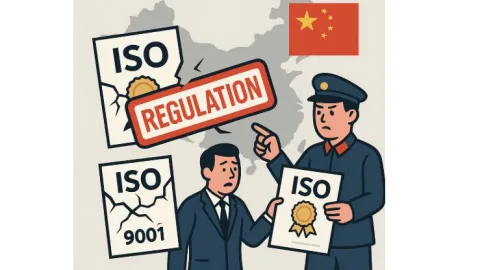
A Different Approach: China Strengthens Oversight of Certification Bodies from 2026
China has issued new regulations that directly target accredited certification bodies that ignore international requirements, and the new rules will take effect on January 1, 2026.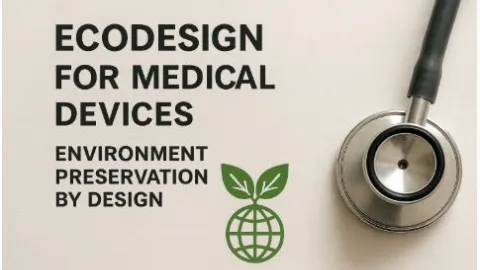
ISO and IEC Develop Global Standard to Embed Ecodesign in Medical Devices
The International Organization for Standardization (ISO) and the International Electrotechnical Commission (IEC) are developing a new global standard to formally integrate ecodesign into the development of medical devices.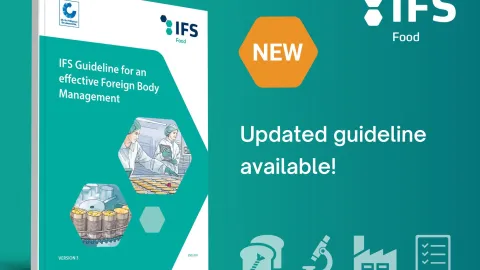
IFS Releases Updated Guideline for Effective Foreign Body Management
International Featured Standards (IFS) has issued an updated Guideline for an Effective Foreign Body Management,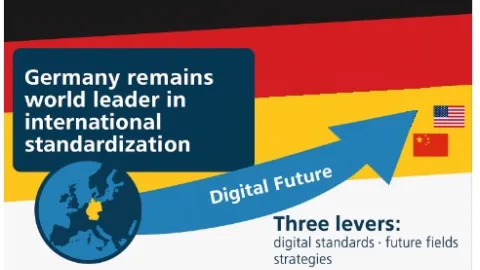
Germany Heads Most ISO Secretariats But China Rapidly Gains Ground
Germany remains the world’s top country in international standardization, holding 17.1% of all ISO secretariats, according to the 2025 International Standardization Barometer published by the German Institute for Standardization (DIN).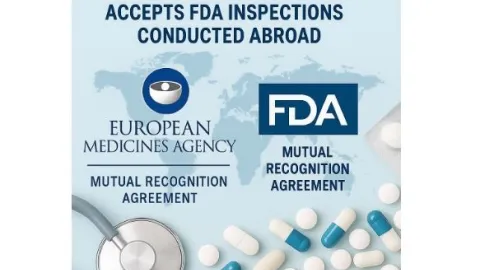
Europe Now Conditionally Accepts FDA Inspections Conducted Abroad
The European Medicines Agency (EMA) and the U.S. Food and Drug Administration (FDA) have entered a new stage of cooperation under their Mutual Recognition Agreement (MRA) for Good Manufacturing Practice (GMP) inspections.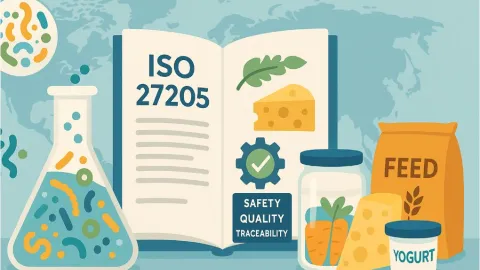
New International Standard in Development for Microbial Cultures and Probiotics
Work has begun within ISO to create a global standard that defines how microorganisms used in food and feed, such as bacteria, yeasts, and fungi, should be characterized and quality assured.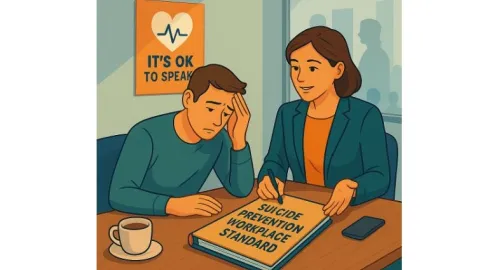
BS 30480 Launched as the World’s First Standard on Suicide Awareness in the Workplace
The world’s first standard dedicated to suicide awareness and prevention in the workplace, BS 30480, has been released by the British Standards Institution (BSI).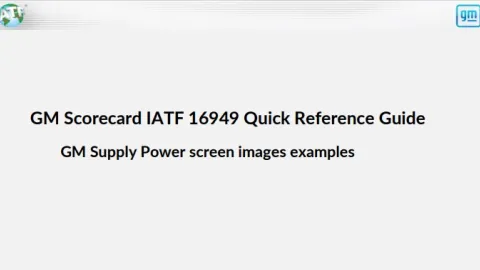
IATF Updates GM Quick Reference Guide on How Auditors Review Scorecard Data.
The International Automotive Task Force (IATF) has issued an updated GM Scorecard Quick Reference Guide and Screen Images package to align with the latest Rules for Achieving and Maintaining IATF Recognition (6th edition).

